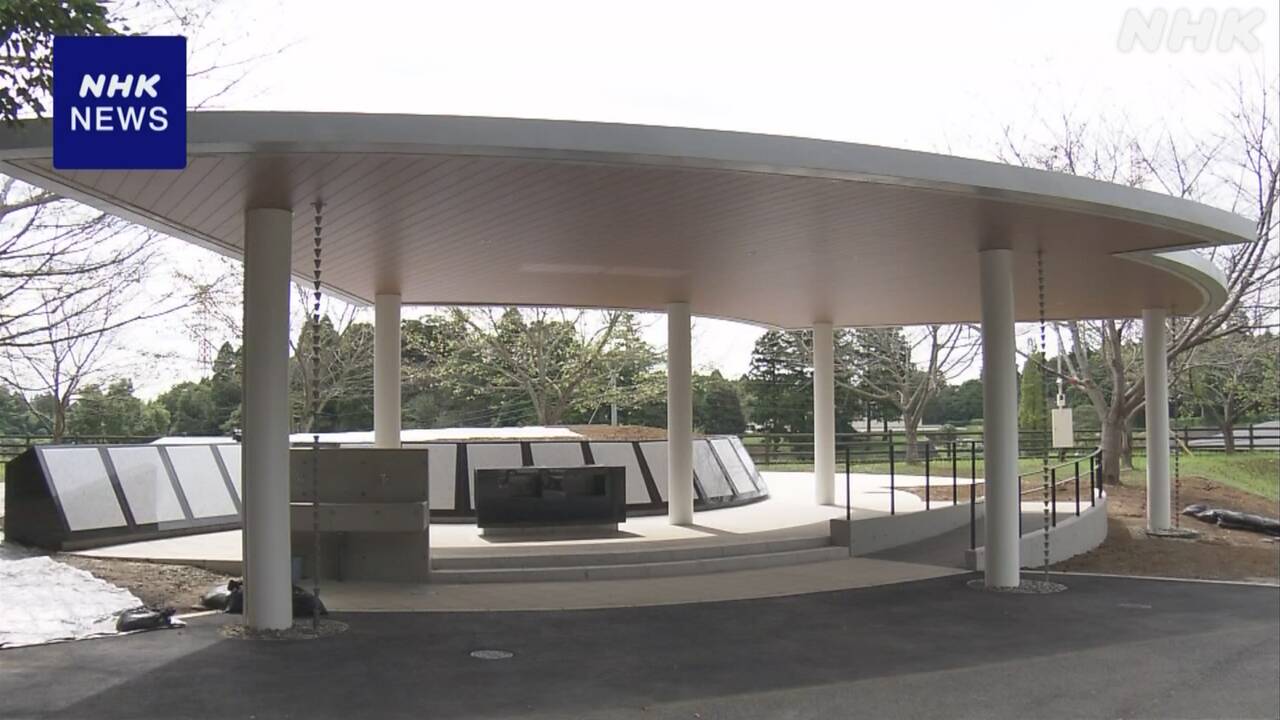At public cemeteries established by municipalities in Tokyo and three prefectures in the Tokyo metropolitan area, it has been revealed that the number of graves known as joint burial graves, in which multiple remains are interred together, has quadrupled over the past 20 years. Experts point out that ``people who think it would be difficult to tell their children and grandchildren who live far away to protect their graves may be choosing communal graves.''
From last month to this month, NHK conducted a survey regarding public cemeteries in a total of 97 local governments, including Tokyo, three prefectures in the Tokyo metropolitan area, and cities with a population of 100,000 or more.
As a result, it was found that in the public cemeteries in these municipalities, there were 36 graves known as collective graves, where multiple remains are interred together, a fourfold increase compared to 20 years ago.
This includes an increase in the number of metropolitan cemeteries from two to eight, and new construction in Yokohama, Saitama, and Chiba, resulting in an increase in the number of remains that can be housed by 380,000 over the past 20 years.
Collective burial graves are generally less expensive than regular graves for family members and relatives, and do not require individual management.
For local governments, this has the advantage of being able to store more remains in a smaller amount of land.
Midori Kotani, representative director of the Senior Living Culture Research Institute, which is an expert on graves and end-of-life care, said, ``With the increasing number of nuclear families, people who find it difficult to ask their children and grandchildren who live far away to take care of their graves are finding it easier to manage them because it is cheaper. They may have chosen a simple joint grave.''
In Chiba City, applications for mass graves are increasing one after another.
Local governments across the country are currently receiving applications for joint burial graves one after another.
One of them is Chiba City. In 2013, we set up a mass grave for the first time in a municipal cemetery, and last year, we installed a new type of burial under a tree.
This year, the city solicited applicants for this new joint burial site, and received over 3,600 applications, more than five times the original number of 700 applications.
Particularly popular were the slots for two people, such as a married couple, to apply together before their death, with more than 2,300 people applying for 60 people, a ratio of over 38 times.
If you build an individual gravestone at this municipal cemetery, the permanent usage fee alone will cost at least 620,000 yen, and the management fee will also be 5,020 yen every year. The cost ranges from 10,000 yen to 60,000 yen, and there is no annual management fee.
A 70-year-old man who applied as a couple said, ``We applied because we didn't want to put a burden on our children, but we didn't have any luck, so it didn't work out.I'm hoping to continue applying for about 10 years.'' His 58-year-old wife said, ``I was surprised at the high magnification.I think it reflects the times.I thought it would be nice if the children didn't have to visit the grave.''
A 76-year-old woman who applied for the slot for people aged 75 and over said, ``I was unsuccessful four times and today was my fifth time, but I was very relieved to be able to get in without having to draw a lottery. I think it's good that if you join us, even strangers will join you.''

